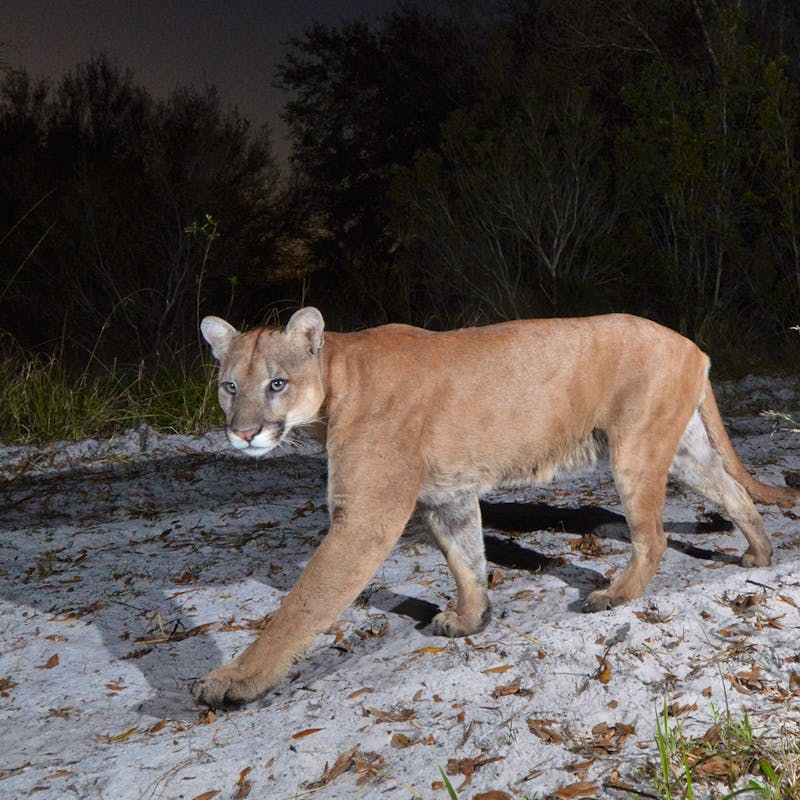
The Arctic’s Beaufort Sea, courtesy NOAA
The Obama administration took a dangerous and disappointing leap towards drilling in the remote and fragile waters of America’s Arctic Ocean yesterday. The Bureau of Ocean Energy Management, Regulation and Enforcement (BOEMRE) approved a plan by Shell Oil to conduct the first drilling in the harsh and remote Arctic Ocean since the Deepwater Horizon tragedy. Under this plan, Shell would start drilling in the Beaufort Sea in summer 2012.
Shell’s drilling risks a major oil spill, and neither Shell nor the government could respond adequately to such a catastrophe. It risks harming the endangered bowhead whale, a species central to Alaska Native subsistence traditions. This decision to rubber-stamp Shell’s drilling ignores many of the lessons of the Gulf tragedy and the recommendations of government scientists and puts the Arctic Ocean and its coastal communities at great risk.
Sierra Weaver, attorney for Defenders of Wildlife said, “Just this June, the USGS reported gaping holes in our understanding of the Arctic Ocean, yet the administration ignores these realities by declaring that offshore drilling would have no significant impact on this fragile marine environment. By putting Shell one step closer to dangerously risky drilling, the administration puts the wildlife and people that depend on the fragile Arctic ecosystem on thin ice.”
“By putting Shell one step closer to dangerously risky drilling, the administration puts the wildlife and people that depend on the fragile Arctic ecosystem on thin ice.”
The report from the U.S. Geological Survey (USGS) included a comprehensive assessment of existing scientific data on the effects of oil and gas development in America’s Arctic Ocean. The results reinforce what scientists inside and outside the government have been saying for years: we need a basic understanding of the Arctic Ocean ecosystem before we can drill there.
Shell’s planned drilling is directly in the fall migration path of endangered bowhead whales and could block them from reaching an important feeding and resting area. Shell estimates close to 5,600 migrating bowhead whales, almost half the population, could be exposed to sound and disturbance from the drilling and icebreaking that could cause them to change their behavior and avoid the feeding area. This could harm the population, particularly mothers and young calves, and could affect Alaska Native communities that rely on the bowhead whale and other species to sustain their subsistence way of life.



